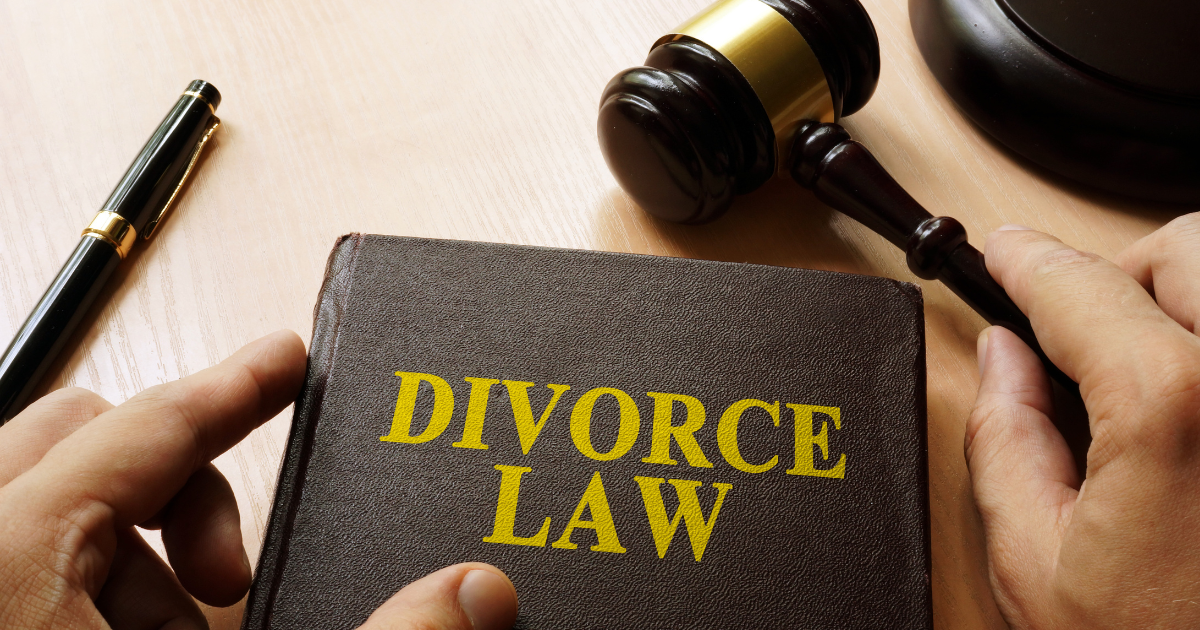Middlesex County LGBTQ Divorce Lawyers
Divorce can be one of the most challenging experiences, and for LGBTQ couples, the legal landscape may present unique concerns. Although New Jersey provides equal divorce rights to LGBTQ individuals, there are still questions and uncertainties about how the legal system addresses matters like child custody, property division, and alimony.
Thakkar Family Law offers legal services that meet the needs of LGBTQ individuals in Middlesex County who are going through a divorce. Our Middlesex County LGBTQ divorce lawyers provide guidance on every aspect and tell clients what to expect.
What Are the Legal Grounds for Divorce in New Jersey?
New Jersey allows no-fault and fault-based divorces. In a no-fault divorce, spouses can seek a divorce due to irreconcilable differences that have lasted for at least six months or if they have been separated for at least 18 months. This option allows the couple to divorce without assigning blame to either party.
For fault-based divorces, one spouse must prove that the other is responsible for the breakdown of the marriage. Grounds for a fault-based divorce include but are not limited to:
- Adultery
- Abandonment for at least one year
- Physical or mental cruelty
- Substance abuse
- Imprisonment for more than 18 months
While fault grounds may affect certain aspects of the divorce, such as alimony, they are not required to file for divorce in New Jersey. Fault-based divorces can sometimes be more contentious, especially if one spouse disputes the other’s claims.
How Is Property Divided in an LGBTQ Divorce?
New Jersey follows the principle of equitable distribution, which means that marital assets and debts are divided fairly but not necessarily equally. Marital property includes assets acquired during the marriage, like real estate, vehicles, investments, and retirement accounts. Property owned by either spouse before the marriage and gifts and inheritances may be considered separate property.
When dividing property in an LGBTQ divorce, the court will consider:
- The length of the marriage or civil union.
- Each spouse’s financial and non-financial contributions to the marriage.
- The economic circumstances of each spouse after the divorce.
- Any prenuptial or postnuptial agreements in place.
For LGBTQ couples, property division can sometimes involve unique situations, especially if one or both partners had significant assets or debts before the marriage. Our Middlesex County LGBTQ divorce lawyers can advise you on dividing property equitably according to state law.
How Does Child Custody Work for LGBTQ Couples?
Child custody decisions are based on the best interests of the child, regardless of the sexual orientation or gender identity of the parents. In New Jersey, the courts prioritize the child’s welfare when determining custody arrangements. LGBTQ parents going through a divorce may face questions about how custody will be handled, particularly if one parent is the biological or adoptive parent and the other is not.
In determining custody, courts consider:
- The relationship between the child and each parent.
- Each parent’s ability to provide for the child’s emotional and physical needs.
- The stability of each parent’s home environment.
- The child’s preferences, if the child is old enough to express a reasonable opinion.
- The willingness of each parent to facilitate a relationship between the child and the other parent.
New Jersey recognizes both biological and adoptive parental rights for LGBTQ individuals. In some cases, non-biological parents may have already established legal parental rights through second-parent adoption or other legal processes. Our Middlesex County LGBTQ divorce lawyers help LGBTQ parents understand their rights and responsibilities in child custody cases and work to protect the parent-child relationship during and after divorce.
How Is Alimony Determined?
Alimony, also known as spousal support, may be awarded in divorce cases to help one spouse maintain financial stability after marriage. New Jersey does not use a strict formula for determining alimony but instead considers the following:
- The length of the marriage or civil union.
- The financial needs and earning capacities of each spouse.
- The standard of living established during the marriage.
- The contributions made by each spouse, both financially and in terms of household and family responsibilities.
- Any physical or mental health conditions that may affect either spouse’s ability to work.
Alimony can take different forms, including temporary support during the divorce process or long-term support following the divorce.
Do LGBTQ Couples Have the Same Legal Rights as Heterosexual Couples in Divorce?
Yes, LGBTQ couples have the same legal rights in divorce as heterosexual couples in New Jersey. These rights include the right to equitable property distribution, the right to seek alimony, and the right to be considered for child custody based on the child’s best interests. New Jersey law provides equal treatment to all individuals in family law matters, regardless of sexual orientation or gender identity.
However, LGBTQ divorces can sometimes involve additional legal considerations, such as the legal recognition of a parental relationship for non-biological parents or the division of assets acquired before marriage during a long-term partnership. The Middlesex County LGBTQ divorce lawyers at Thakkar Family Law are well-versed in these issues and protect the legal rights of LGBTQ clients.
How Can Prenuptial and Postnuptial Agreements Impact an LGBTQ Divorce?
Prenuptial and postnuptial agreements are legally binding contracts created before or after a marriage or civil union. They can play a significant role in divorce cases by outlining how assets will be divided and whether alimony will be paid.
Courts in New Jersey generally uphold prenuptial and postnuptial agreements as long as they are fair and were entered voluntarily by both parties. A court may invalidate an agreement if it was signed under pressure or if one spouse did not fully disclose their assets.
How Can Thakkar Family Law Help LGBTQ Spouses Going Through Divorce?
Thakkar Family Law offers comprehensive legal services for LGBTQ spouses going through a divorce. Our Middlesex County LGBTQ divorce lawyers provide clear guidance on property division, alimony, and child custody. Focusing on protecting each client’s legal rights, we help LGBTQ individuals make informed decisions that will impact their future.
The Middlesex County LGBTQ divorce lawyers at Thakkar Family Law are familiar with the unique legal issues that may arise in LGBTQ divorces and offer experienced representation.



